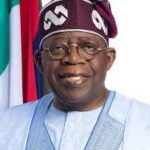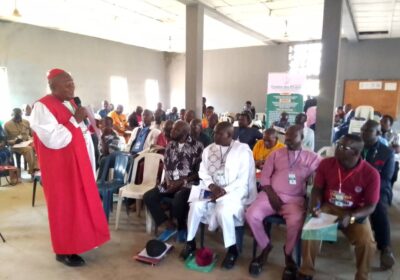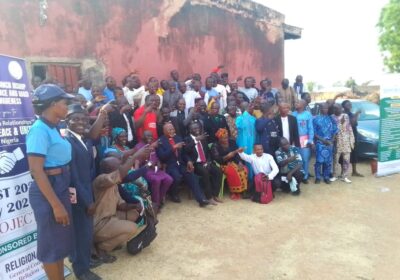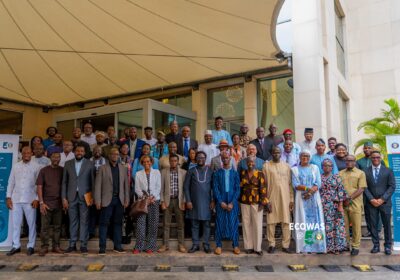TINUBU BOWS OUT AS ECOWAS CHAIRMAN, MAADA BIO TAKES OVER WITH RENEWED REGIONAL AGENDA.
By Raymond Enoch.
President Bola Ahmed Tinubu on Sunday formally stepped down as Chairman of the Economic Community of West African States (ECOWAS), handing over leadership to President Julius Maada Bio of Sierra Leone during the 67th Ordinary Session of the Authority of Heads of State and Government, held in Abuja.
President Tinubu’s tenure, marked by significant regional turbulence including the withdrawal of member states and democratic disruptions, came to an official close with the symbolic handover of the ECOWAS Emblem to his successor.
In his inaugural address as Chairman, President Bio laid out an ambitious vision anchored on four strategic priorities: restoring constitutional order and democracy, revitalizing regional security cooperation, advancing economic integration, and enhancing institutional credibility.
“We must engage transitional governments constructively and support member states in building stronger democratic institutions rooted in the rule of law,” President Bio said, addressing fellow heads of state and international observers.
“We must overhaul our collective security architecture—from intelligence sharing to rapid response capabilities—to confront new threats with unity and resolve.”
The Sierra Leonean leader emphasized the need for ECOWAS to become a more “people-centred and action-oriented” institution, with a focus on transparency, efficiency, and regional trust. He noted that economic integration, infrastructure, and youth employment must be prioritized to drive sustainable development.
“The ECOWAS Trade Liberalisation Scheme, regional infrastructure, and cross-border value chains must become engines of job creation, trade, and resilience—especially for our women and youth,” he added.
President Tinubu, in his valedictory remarks, acknowledged the political and security headwinds faced during his chairmanship and called for sustained collaboration among member nations.
“Let us deepen cooperation, uphold diplomatic principles, and foster inclusive growth that leaves no one behind—especially our youth, women, and vulnerable populations, who remain central to the future of our region,” he said.
The leadership transition comes at a critical juncture for ECOWAS, as the bloc grapples with the redefinition of regional solidarity amid growing security threats and calls for democratic reforms across West Africa.
As President Bio assumes office, the expectations are high for a leadership that not only unifies the region but also addresses the root causes of instability through inclusive governance and strategic economic initiatives.










